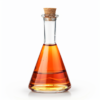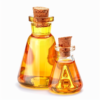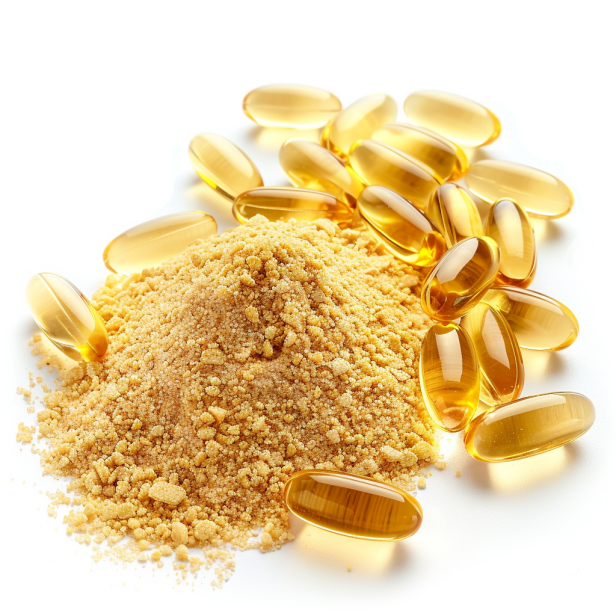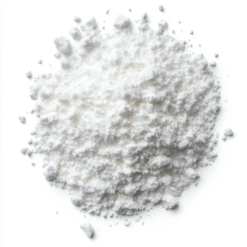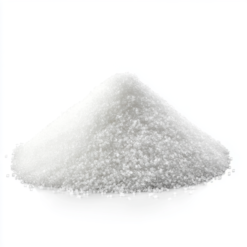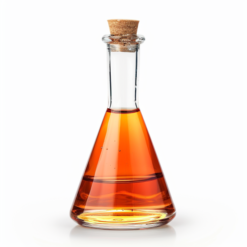Vitamin D3 is naturally produced in human skin when exposed to sunlight (UVB), but due to limited sun exposure, especially in temperate climates, supplementation is often necessary.
Characteristics of vitamin D3
Vitamin D3 is a raw material widely used in the production of dietary supplements and fortified food products, such as milk, yogurt, and breakfast cereals. It is more effective in raising and maintaining vitamin D levels in the body than its plant-based counterpart, vitamin D2 (ergocalciferol).
Properties and applications
- Vitamin D3 is essential for building and maintaining strong bones and preventing osteoporosis, as it regulates the absorption of calcium and phosphorus from the gastrointestinal tract.
- It supports the immune system, protecting the body from infections. It has the potential to reduce the risk of certain autoimmune diseases.
- It has a preventive effect against chronic diseases, including some types of cancer, heart disease, diabetes.
- Promotes mental health. Its deficiencies may be correlated with a higher risk of developing mood disorders, including depression.
Crude form of vitamin D3
Raw vitamin D3 is usually available in oily form or as a powder that can be easily incorporated into the formulation of dietary supplements, fortified foods and in pharmaceutical products. The oily form is particularly useful for soft gel capsules and liquid formulations that facilitate the absorption of vitamin D3.


